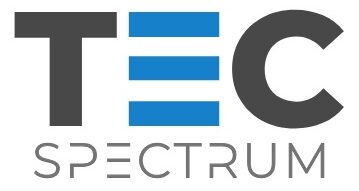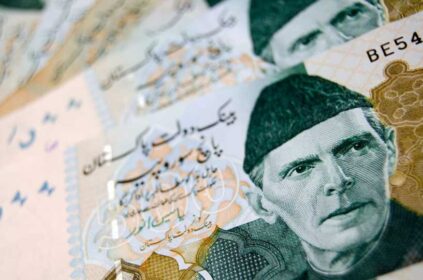In a landmark move towards embracing digital finance, the Senate of Pakistan is currently deliberating the Virtual Assets Bill 2025, introduced by Senator Dr. Afnan Ullah Khan. This bill aims to create a comprehensive regulatory framework for virtual assets, including cryptocurrencies and blockchain technologies, ensuring their responsible integration into the national economy.
Key Features of the Virtual Assets Bill 2025 💰
1. Launch of a Digital Rupee 🌎
One of the most notable aspects of the bill is the proposed introduction of a Digital Rupee, a virtual currency backed by the Pakistani Rupee (PKR) and regulated by the State Bank of Pakistan. The bill outlines the following goals:
- Oversight of issuance, trading, and usage of virtual assets.
- Ensuring financial stability and investor protection.
- Preventing illegal activities such as money laundering and terrorism financing.
2. Establishment of Virtual Asset Zones 🏭
The bill proposes the creation of Virtual Asset Zones to promote industry innovation and growth. Key highlights include:
- Designation of specific regions by the federal or provincial governments, prioritizing areas with surplus electricity from renewable sources.
- Registration and licensing of virtual asset exchanges and service providers.
- Public access to a register of licenses, including applications, enforcement orders, and revoked licenses.
3. Formation of a National Virtual Assets Regulatory Commission 🧑💼
If the bill is passed, a National Virtual Assets Regulatory Commission will be established to:
- Oversee registration and licensing of digital asset zones, exchanges, and service providers.
- Develop a legal and regulatory framework for virtual assets.
- Assess risks and vulnerabilities associated with digital assets.
- Monitor the issuance and management of virtual assets backed by PKR.
- Set and enforce AML/CTF standards, ensuring compliance with international norms.
4. License Requirements for Exchanges and Service Providers 🔒
The commission will grant licenses to virtual currency exchanges and Virtual Assets Service Providers (VASPs) after consulting with relevant ministries. Applicants must:
- Provide proof of business registration.
- Demonstrate financial stability.
- Show compliance with AML/CTF obligations.
- Outline cybersecurity measures.
Tax Incentives to Boost Investment 💵
To attract investment and promote blockchain development, the government is set to introduce tax incentives, including:
- Reduced corporate tax rates for virtual asset zones for an initial period of five years, subject to AML/CTF compliance.
- A three-year tax exemption for foreign investors contributing to local blockchain projects.
- Revenue allocation from virtual asset operations towards local infrastructure and blockchain education.
A Step Towards a Transparent Digital Economy 🌐
The Virtual Assets Bill 2025 represents a forward-thinking approach by Pakistan to harness the potential of blockchain and cryptocurrencies while addressing associated risks. If approved, it could foster a secure, transparent, and innovative digital economy, positioning Pakistan as a leader in digital finance in the region.















